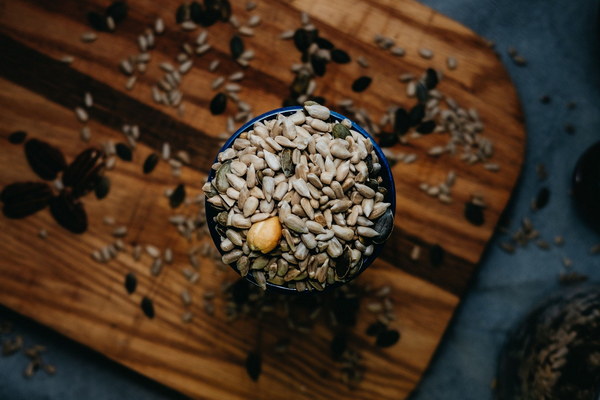Exercise and Fitness A Potential Weapon in the Battle Against Cancer
Introduction:
Cancer has been a relentless adversary to human health for decades. With advancements in medical science, researchers are continually searching for ways to combat this disease effectively. One of the most intriguing areas of study is the potential role of exercise and fitness in cancer prevention and treatment. This article delves into the current understanding of the relationship between physical activity and cancer, exploring whether exercise can truly be a weapon in the battle against cancer.
The Role of Exercise in Cancer Prevention:
Numerous studies have shown that regular exercise can significantly reduce the risk of developing various types of cancer. Physical activity helps maintain a healthy weight, which is a crucial factor in cancer prevention. Excess body fat is associated with increased levels of estrogen and insulin, both of which can promote the growth of cancer cells.

Exercise also plays a vital role in regulating the immune system, which is essential for identifying and eliminating cancerous cells. Regular physical activity enhances immune function, making the body more capable of fighting off cancer. Moreover, exercise can reduce inflammation, a key factor in the development of several cancers, including breast, colon, and prostate cancer.
Types of Exercise and Their Benefits:
Different types of exercise offer various benefits that contribute to cancer prevention. Aerobic exercises, such as walking, running, swimming, and cycling, are particularly beneficial. These activities increase heart rate and oxygen flow, promoting the removal of toxins from the body and enhancing the immune system.
Strength training, including resistance and weightlifting, has also been shown to offer cancer-fighting properties. It helps maintain muscle mass, which is essential for a healthy metabolism and weight management. Additionally, strength training can improve bone density, reducing the risk of osteoporosis and fractures, which can occur as a side effect of some cancer treatments.
The Impact of Exercise on Cancer Treatment:
Exercise has not only been linked to cancer prevention but also to improved outcomes in cancer treatment. Patients who engage in regular physical activity during and after treatment experience several benefits:
1. Enhanced recovery: Exercise can help reduce the duration of recovery after surgery, chemotherapy, and radiation therapy.
2. Improved quality of life: Physical activity helps alleviate symptoms such as fatigue, pain, and depression, enhancing overall well-being.
3. Increased survival rates: Studies have shown that individuals who engage in regular exercise have a higher chance of survival and recurrence-free survival rates compared to those who do not.
Types of Exercise for Cancer Patients:
It is essential to note that the type and intensity of exercise for cancer patients should be tailored to their specific condition and treatment. Here are some exercise recommendations for cancer patients:
1. Low-impact aerobic exercises: These include walking, swimming, or cycling, which are gentle on the joints and can help improve cardiovascular health.
2. Strength training: Resistance training can be performed using light weights, resistance bands, or even bodyweight exercises.
3. Stretching and yoga: These activities can help improve flexibility, reduce stress, and enhance relaxation.
Conclusion:
Exercise and fitness have emerged as a promising tool in the fight against cancer. With the growing body of evidence supporting the benefits of physical activity in cancer prevention and treatment, it is crucial for individuals to incorporate regular exercise into their lifestyle. By doing so, they can not only reduce their risk of developing cancer but also improve their chances of surviving and thriving after diagnosis. While exercise should not be considered a substitute for medical treatment, it can undoubtedly play a significant role in the holistic approach to cancer care.









